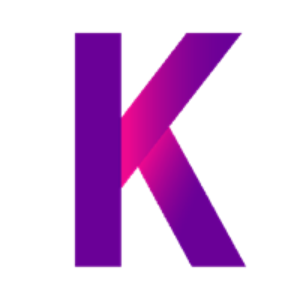
Kadena
Kadena Convertisseur de prix
Kadena Informations
Kadena Marchés
À propos Kadena
KDA est la cryptomonnaie native de la blockchain Kadena, utilisée pour payer le calcul sur le réseau. Semblable à l'ETH sur Ethereum, KDA est utilisé pour compenser les mineurs pour la sécurisation du réseau et pour couvrir les frais de transaction.
Kadena est conçue pour soutenir des applications publiques, des blockchains privées et des réseaux interopérables, créant une infrastructure évolutive pour la décentralisation. Elle utilise Pact, un langage de contrat intelligent qui est formellement vérifiable, lisible par les humains et incomplet de Turing, améliorant la sécurité et l'utilisabilité.
Kadena intègre également des applications alimentées par l'IA au sein de son écosystème. Des projets comme KadenAI se concentrent sur l'intégration d'améliorations alimentées par l'IA dans les NFT et la génération de métadonnées, tandis que Skope AI fournit une analyse de transaction assistée par l'IA, un audit de contrats intelligents et des insights de trading.
L'offre maximale de KDA est fixée à 1 milliard de tokens, qui seront minés sur 120 ans.
KDA remplit plusieurs fonctions clés au sein de l'écosystème Kadena :
- Frais de Transaction : KDA est nécessaire pour traiter les transactions sur la blockchain Kadena.
- Récompenses de Minage : Les mineurs reçoivent KDA pour sécuriser le réseau et traiter les transactions.
- Exécution de Contrats Intelligents : Les contrats intelligents basés sur Pact nécessitent KDA pour le déploiement et l'opération.
- Staking & Sécurité : KDA est utilisé pour participer à la validation du réseau, contribuant à la sécurité de la blockchain.
- Applications Alimentées par l'IA : Des projets alimentés par l'IA tels que KadenAI et Skope AI améliorent la fonctionnalité des NFT, l'analyse de transactions et l'audit de contrats intelligents.